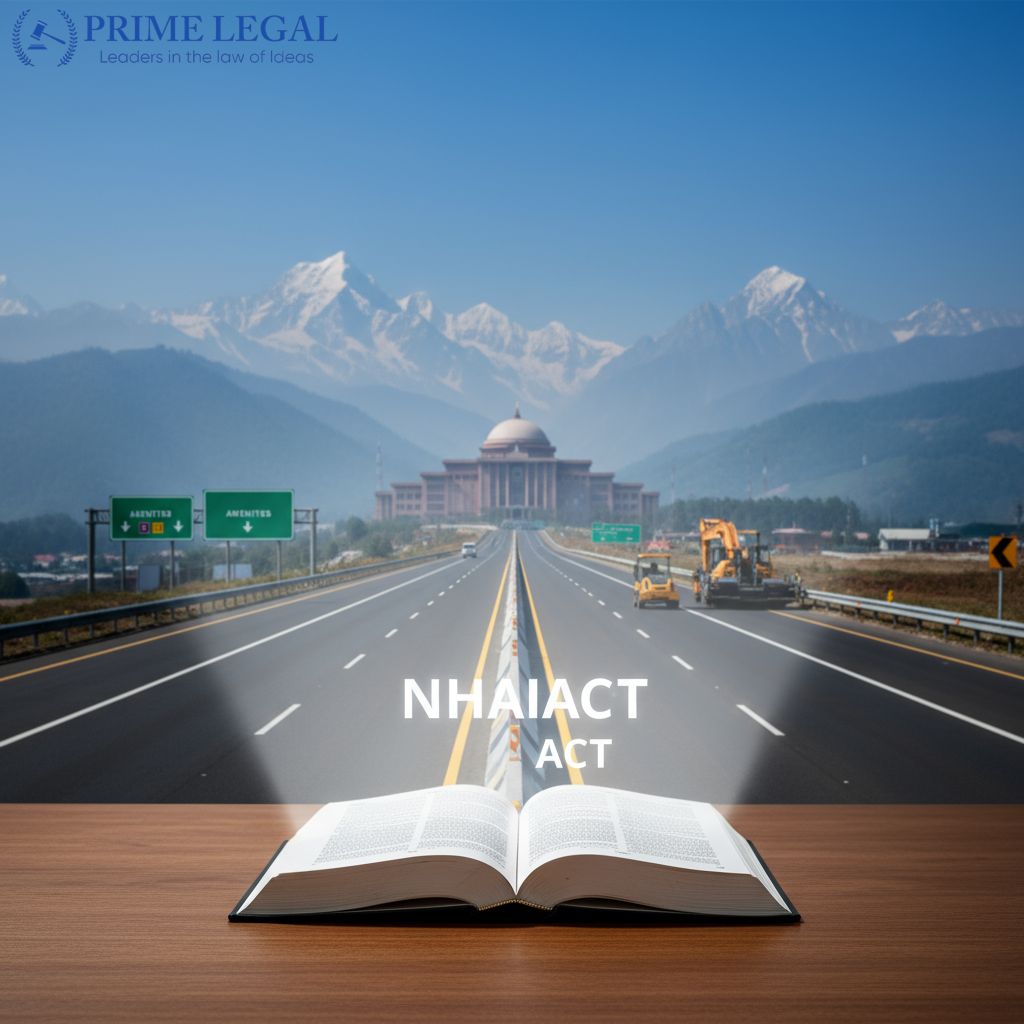Introduction
The National Highway Authority of India is a statutory body empowered with the powers to acquire land and construct road transport.
It has been given powers through the NHAI Act, 1988. The NHAI acquires land for the construction of roads, and the acquisition of land is considered to be for a public purpose. The Jammu and Kashmir High Court has looked into what can be considered as public purposes in the case of Rajinder Singh vs. Union of India & Ors WP(C) No. 1148/2025; CM No. 2715/2025.
Background
The NHAI had brought the land of the petitioner to construct a four-lane road for the crucial Jammu-Srinagar National Highway. After the construction of the roadway was done, NHAI allotted the remaining portion of the land to a private party to construct a petrol pump and other public amenities.
The petitioner has filed a complaint stating that the NHAI was using the property for a purpose other than what they had first purchased it for. He claimed that the setting up of petrol pumps by the private firm would adversely affect his business and wouldn’t be good for him. He stated that the lease should not be executed, arguing based on preferential rights or it should be leased to him or returned to him.
The NHAI asserted that under the NHAI Act, 1988, its functions are not limited to road construction. The NHAI argued that the land was acquired for the holistic development of the national highway, which includes way-side amenities such as rest areas, toilets, and fuel stations to ensure safety and convenience to the travellers.
Key points
Public Purpose: Justice Sanjay Dhar examined the NHAI Act, 1988, to look into the functions of the NHAI. The court observed that Section 16(2)(f) of the NHAI Act,1988, mandates that NHAI shall take measures to provide facilities and amenities to the highway users. It was to construct and maintain highways, but also set up wayside amenities. The Court took into consideration Section 13 of the NHAI Act, 1988, to define public purpose under the Act. The Act provides the NHAI with huge powers to decide on how to utilize the acquired land for any activity connected to its statutory functions. The Court also specified that the NHAI has not transferred the property to carry out a function completely alien to its functions and therefore its decisions are valid.
No preferential Rights: The court also noted that the petitioner has not taken part in the tender, which was issued for the lease of the land, and therefore, he cannot claim that the lease be given to him, and since he was not a party to the tender, he lacks locus standi to demand the allotment in his favor.
Conclusion
In this case, the Court established that the functions of the NHAI go way beyond the construction and maintenance of roads. NHAI also has the function of constructing way-side amenities for the travellers, and it is indeed a public purpose as it is a service associated with the construction of the roadway, as these help the passengers to have a better and safer journey.
“PRIME LEGAL is a full-service law firm that has won a National Award and has more than 20 years of experience in an array of sectors and practice areas. Prime legal falls into the category of best law firm, best lawyer, best family lawyer, best divorce lawyer, best divorce law firm, best criminal lawyer, best criminal law firm, best consumer lawyer, best civil lawyer.”
WRITTEN BY: I Sharan


